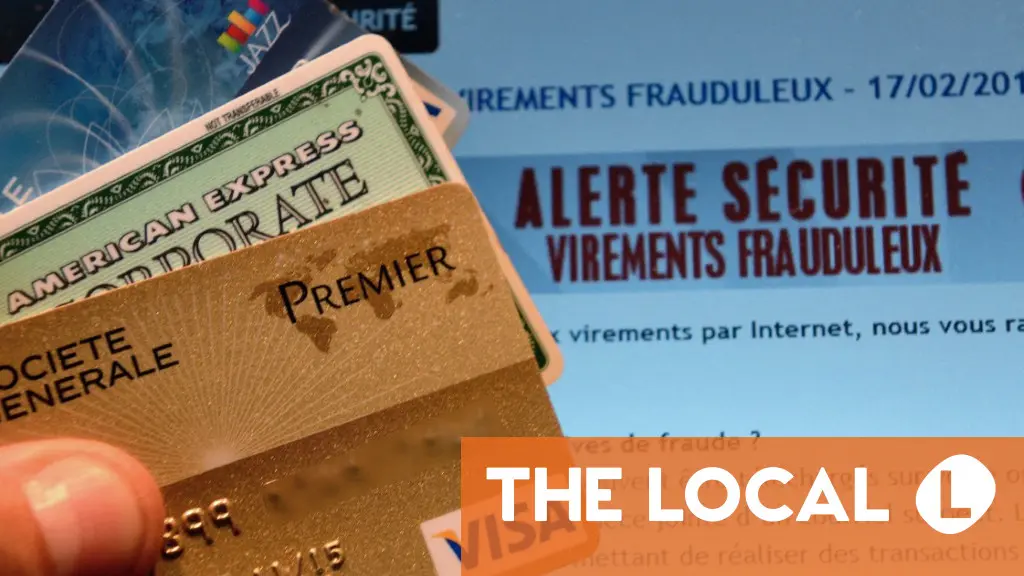French banks have issued a warning about a sophisticated new scam, which in some cases even involves sending a fake bank representative to customers’ homes.
Banks have been emailing customers in recent days to warn them about a sophisticated new scam aimed at securing the banking codes or PIN numbers of account holders.
The scam follows a multi-step process;
First a text message will be sent purporting to be from a French administrative body such as Ameli, CPAM or La Poste, asking you to click on a link and fill in certain personal details on a form.
Once you have submitted the form, a second text is sent, claiming to be from your bank informing you that someone has tried to use your bank card for a fraudulent transaction.
Advertisement
The fraudster then calls, claiming to be from the fraud department of your bank and asking you for extra details, including the details of any security codes or authentification codes sent out by your bank via text message or the banking app.
If they are successful in getting the details they need, the fraudsters have even been known to send a person out to a customer’s home, claiming to be a courier who has arrived to collect and destroy the bank card in order to avoid further fraud – in reality they use the card to make purchases, using the codes supplied on the phone.
Banks have reminded customers that they will never ask for security codes or a PIN number on the phone, and they do not send couriers to collect and destroy bank cards.
READ ALSO: What to do if you have fallen victim to a French scam
Common scams
This scam is unusually elaborate, but there are dozens of variations on the scam, especially using fake emails and text messages claiming to be from legitimate French organisations.
Text messages claiming that a parcel is waiting, that a fine must be paid without delay, that an application at the préfecture has an update are all common. So too is a text claiming that the recipient’s carte vitale health card needs to be updated or it will stop working.
All texts containing a link should be treated with suspicion – if you are at all unsure, login directly to your account with the relevant government body and proceed to your account and deal with any messages or updates there.
How to tell if a message from the French authorities is genuine or a scam
It’s also common for scammers to phone, and attempt to extract personal or banking details on the phone.
